Books for Therapists on Emotion-Focused Therapy
Emotion-focused therapy is a beautiful approach that works intensively with our bonds and connections. It can help patients deal with a number of inter and intrapersonal issues, as it views people as they are in relation to others. This section brings what is most essential in emotion-focused therapy, addressing its theory and its practice with clarity and resourcefulness.
To keep this site running, we are an Amazon Associate where we earn from qualifying purchases. While these links are amazon affiliate links, the selection of books remains accurate and unbiased.
“Hold Me Tight” by Sue Johnson

Heralded by the New York Times and Time as the couples therapy with the highest rate of success, Emotionally Focused Therapy works because it views the love relationship as an attachment bond. This idea, once controversial, is now supported by science, and has become widely popular among therapists around the world. In Hold Me Tight, Dr. Sue Johnson presents Emotionally Focused Therapy to the general public for the first time. Johnson teaches that the way to save and enrich a relationship is to reestablish a safe emotional connection and preserve the attachment bond. With this in mind, she focuses on key moments in a relationship and uses them as touchpoints for seven healing conversations. Through case studies from her practice, illuminating advice, and practical exercises, couples will learn how to nurture their relationships and ensure a lifetime of love.
“Becoming an Emotionally Focused Therapist” by Johnson
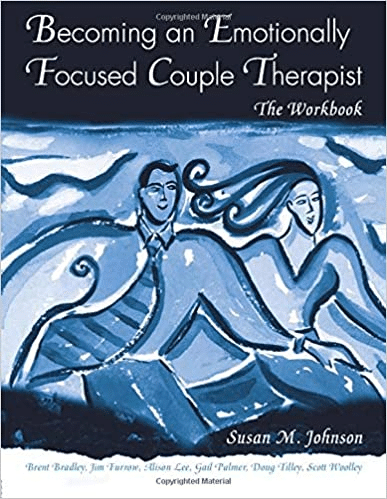
An invaluable tool for clinicians and students, Becoming an Emotionally Focused Therapist: The Workbook takes the reader on an adventure – the quest to become a competent and passionate couple and family therapist. In an accessible resource for training and supervision, seven expert therapists lead the reader through the nine essential steps of EFT with explicit intervention strategies. Suitable as a companion volume to The Practice of Emotionally Focused Couple Therapy or as a stand-alone learning tool, the workbook provides an easy road-map to mastering the art of EFT with exercises and practice models. Unprecedented in its novel and interactive approach, this is a must-have for all therapists searching for lasting and efficient results in couple therapy.
“Learning Emotion Focused Therapy” by Greenberg
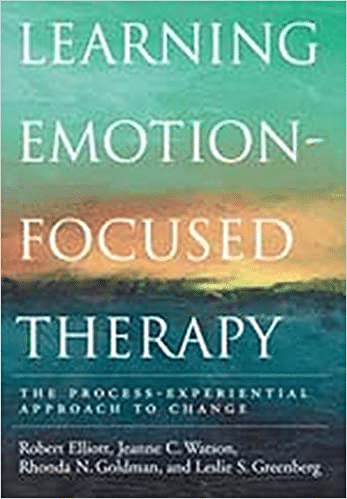
In Learning Emotion-Focused Therapy, the originators of Process-Experiential Therapy describe in detail the various tasks and techniques of this theoretically grounded, empirically supported, and integrative humanistic therapy, while emphasizing the importance of the therapeutic relationship. The authors are well-respected scholars and leading figures in the field, and address each major aspect of theory, case formulation, treatment, and research, as well as the nuances of learning and teaching this complex form of therapy. This exceptionally informative book has the potential to be of great practical value to therapists and students learning experiential, humanistic, and integrative therapies, as well as to those who teach this mode of psychotherapy.
Want a resource for every situation? We’ve got you covered.
There’s a huge amount of resources for therapists out there. We’ve made a resource for any topic between starting a practice to dealing with a patient problem. Inside you will find books, podcasts, TED talks, worksheets and forums. Sounds like it can help you now or in the future? Simply enter your email and it’ll be in your inbox for you to use!
“Transforming Emotional Pain in Psychotherapy” by Timulak
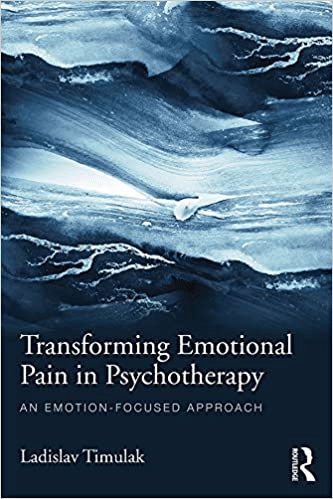
In this book, Emotion-focused therapy is presented as a particular therapeutic approach to human suffering, which emphasizes facing and solving problems, rather than avoiding it. Focusing on the latest developments in EFT, Transforming Emotional Pain in Psychotherapy presents a theory of human suffering and a model of therapy that addresses that suffering. This book focuses on a particular way of transforming emotional pain in psychotherapy through helping the client to tolerate the pain; assisting the client to identify the core of the difficult emotional experiences; identifying the needs connected to the core pain, and more. The book provides practical tips for therapists working with emotional pain and shows how it can then be made more bearable and transformed allowing the client to be more sensitive to the pain of others
“The Neuroscience of Empathy from an EFT Perspective” by Decety and Ickes
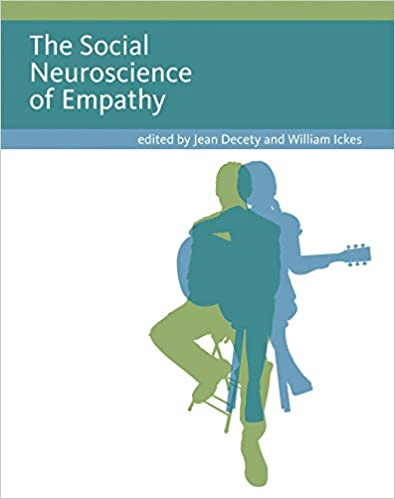
In this innovative and eye-opening book, Decety and Ickes invite various top of the field professionals to write chapters on all aspects of empathy from a neuroscience perspective. The authors argue that studying empathy from a neurobiological perspective is essential to understanding our thoughts, feelings and behavior towards ourselves and each other. Chapter 10 by Watson and Greenberg discussing Empathic Ressonance is specially relevant to emotion-focused therapy.
“Case Formulation in Emotion-Focused Therapy: Co-Creating Clinical Maps for Change” by Goldman & Greenberg

This book presents a step-by-step process for constructing an emotion-focused case formulation, ready for use with clients. Emotion-focused therapy case formulation focuses on the client’s narrative content (the stories they tell) as well as emotional processing (how the client feels). By attending to the interaction between these two things and paying particular attention to the painful emotion underlying the presenting problem, therapists can make moment-to-moment decisions about how to proceed in therapy. Case examples apply the case formulation method to a cross-section of clinical disorders, including depression, anxiety, trauma, and eating disorders.
“Training emotionaler Kompetenzen: TEK – Schritt für Schritt” von Berking
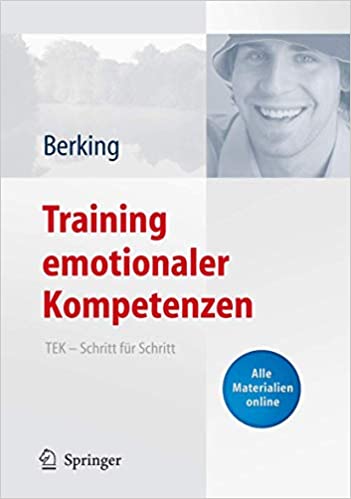
TEK – the training of emotional skills – is based on current neuroscientific knowledge. The method can be used in any psychotherapy, in individual discussions or in a group. There are seven phases in the book for strengthening the patient’s skills in dealing with stress and negative emotions: 1. Muscle relaxation, 2. Breath relaxation, 3. Assessment-free perception, 4. Acceptance and tolerance, 5. Self-support, 6. Analyze and 7. Regulate.
Looking for other books or resources?
Check out the ones below, or click below to download all of the resources we have!